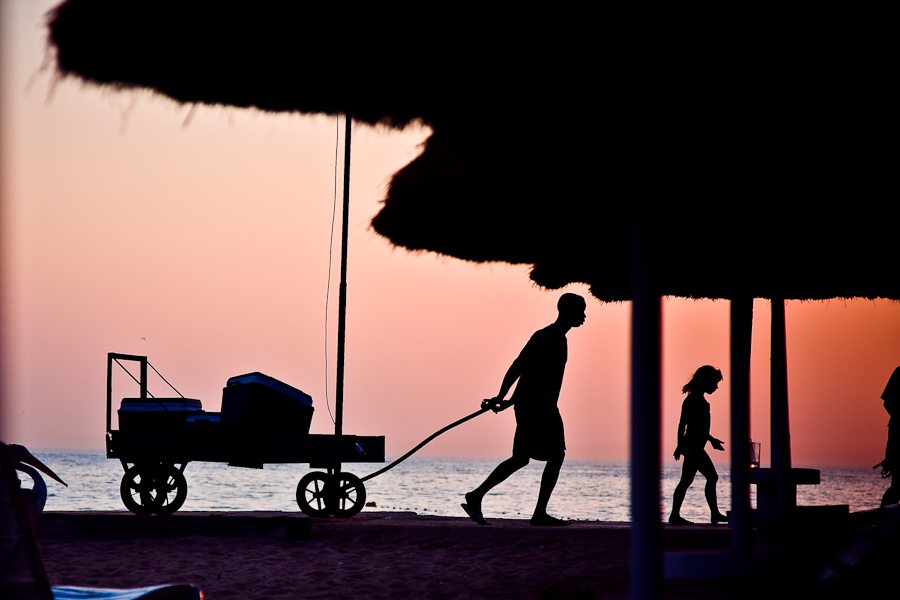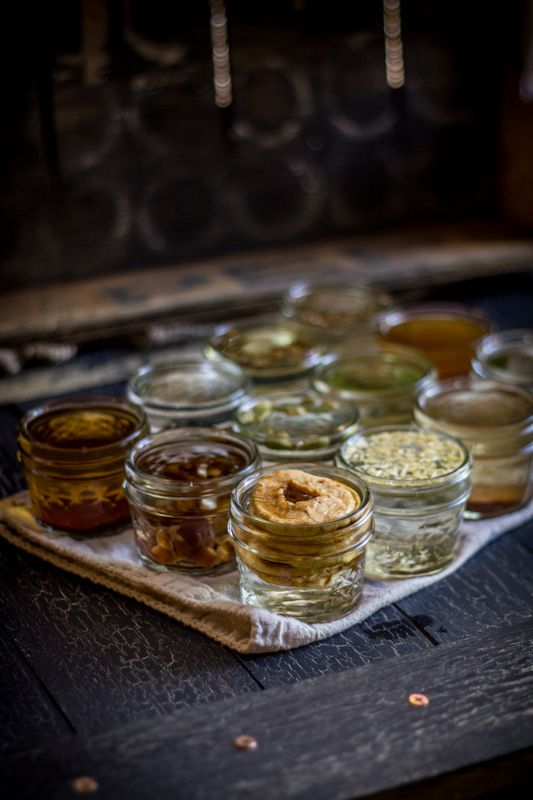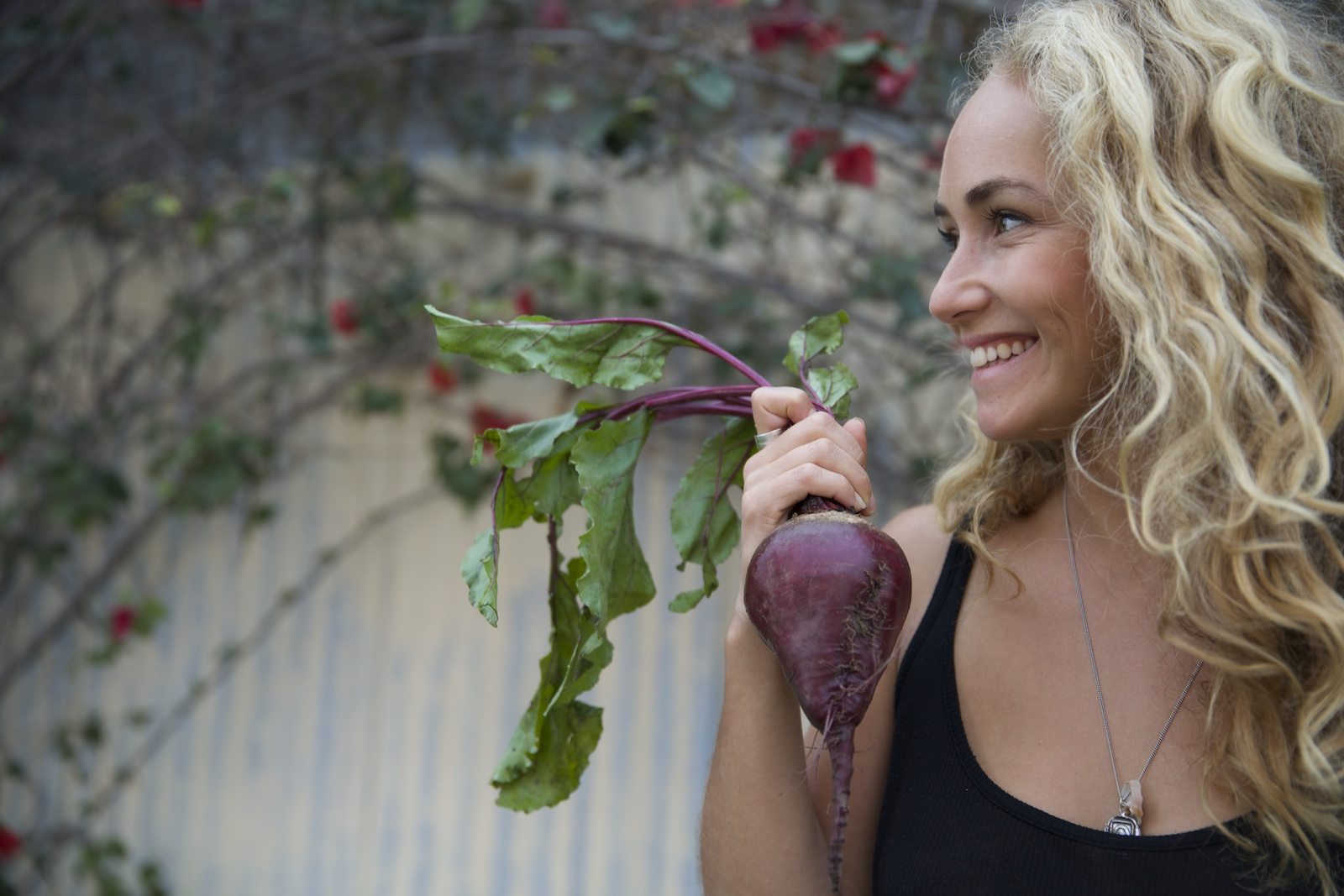
Visiting Africa: What to Know Before You Go
While the prospect of a trip to Africa is incredibly exciting, it is a destination that requires you to do some preparation before you go, and take special precautions while there. We asked Sibylle Tinsel at the Travel Medicine & Vaccination Centre (a travel clinic with 18 locations across BC) for her advice on how travelers to Africa should prep for their trip, and here’s what she shared with us.
What are some of the precautionary measures visitors to Africa should take (vaccines etc.)?
Travelers to Africa should see a travel health specialist prior to their departure for a detailed risk assessment. Recommendations are never one-fits- all, but depend on the traveler’s health and previous vaccination history, age, detailed itinerary, type of travel/accommodations (i.e. 5 star hotels, a cruise or backpacking), and individual risk perception. At the very minimum, all routine childhood vaccinations should be up-to-date.
In addition, vaccines against diseases such as Hepatitis A and B, Meningococcal Meningitis, Typhoid Fever, Rabies, and Yellow Fever will be discussed. With the exception of the Yellow Fever vaccine, there are no mandatory vaccines for entry into African countries. Some countries require proof of the Yellow Fever vaccination or a Certificate of Medical Contraindication upon entry. Physicians and most pharmacies are not authorized to administer the Yellow Fever vaccine. Only PHAC licensed Yellow Fever vaccination centres, like TMVC, can give the Yellow Fever shot and issue the certificate.
A travel health specialist will also asses the malaria risk in the destination country and recommend the best prophylaxis for the traveler. For some diseases, like Dengue, chikungunya fever, and ebola viral disease, no vaccines are available and travelers need to be aware of how to protect themselves. TMVC has detailed handouts on protective measures and is up-to-date on the latest disease outbreaks and travel health advisories from bodies such as the Public Health Agency of Canada, the BC Centre of Disease Control, the US CDC, and the WHO.
At what stage leading up to a trip should visitors start getting these vaccines?
Travelers should see a travel health specialist about 4-6 weeks prior to departure.
Once in Africa, what are some good tips for staying healthy while there?
Gastrointestinal illnesses are very common among travelers to African countries. We recommend strict food and water precautions, without taking the fun out of sampling exotic food. Cook it, boil it, peel it, or leave it is a great guideline to help keep travelers safe. We also recommend antibiotics for the self treatment of traveler’s diarrhea. Good insect precautions should also be adhered to, including the use of repellants, barriers like bed nets and treated clothing, sleeping in closed, air conditioned rooms, and wearing protective, long sleeved clothing.
Thanks for your advice, Sibylle! Readers, do you have any other advice to share? Let us know in the comments!








